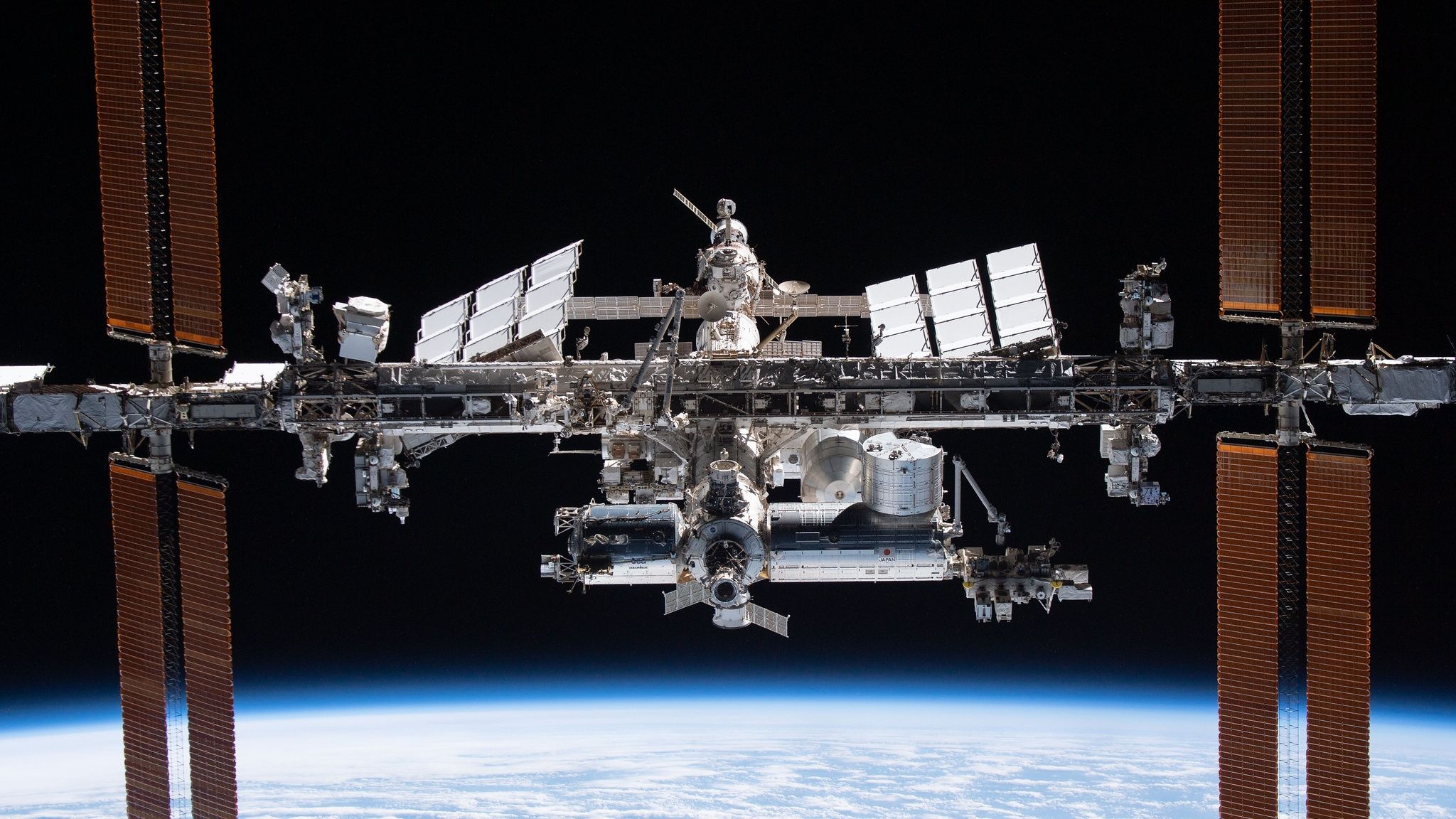The End of the International Space Station
The International Space Station (ISS) will retire and fall to Earth in 2030. This marks the end of a groundbreaking era in space exploration and international cooperation. For over two decades, the ISS has acted as a laboratory, home, and diplomatic hub orbiting above us. The big question now is: Can private space stations fill the gap left by the ISS? 
The Rise of Private Space Stations
Several private companies, including SpaceX and Blue Origin, are already developing plans for commercial space outposts. Their goal is to continue scientific research, offer commercial opportunities, and support future exploration missions. However, building and maintaining a private space station is no small feat. The ISS benefited from government funding, international collaboration, and years of experience. Private companies must match or exceed this level of commitment and innovation.
The future of space research depends on how effectively these private stations can operate and collaborate. As the ISS prepares for its final descent, the world watches to see if commercial ventures can truly take the baton and advance humanity’s presence in space.
Sources:
Read the full article on Space.com
















